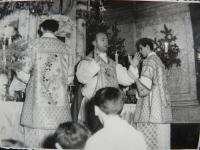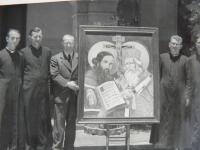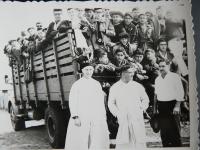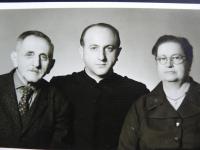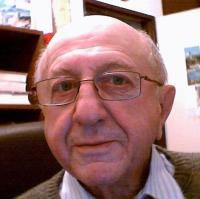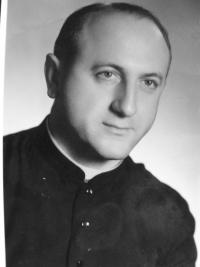We have changed abroad and Slovakia has changed in Slovakia. Those who hoped to find Slovakia the same as when leaving this country few decades ago were terribly wrong
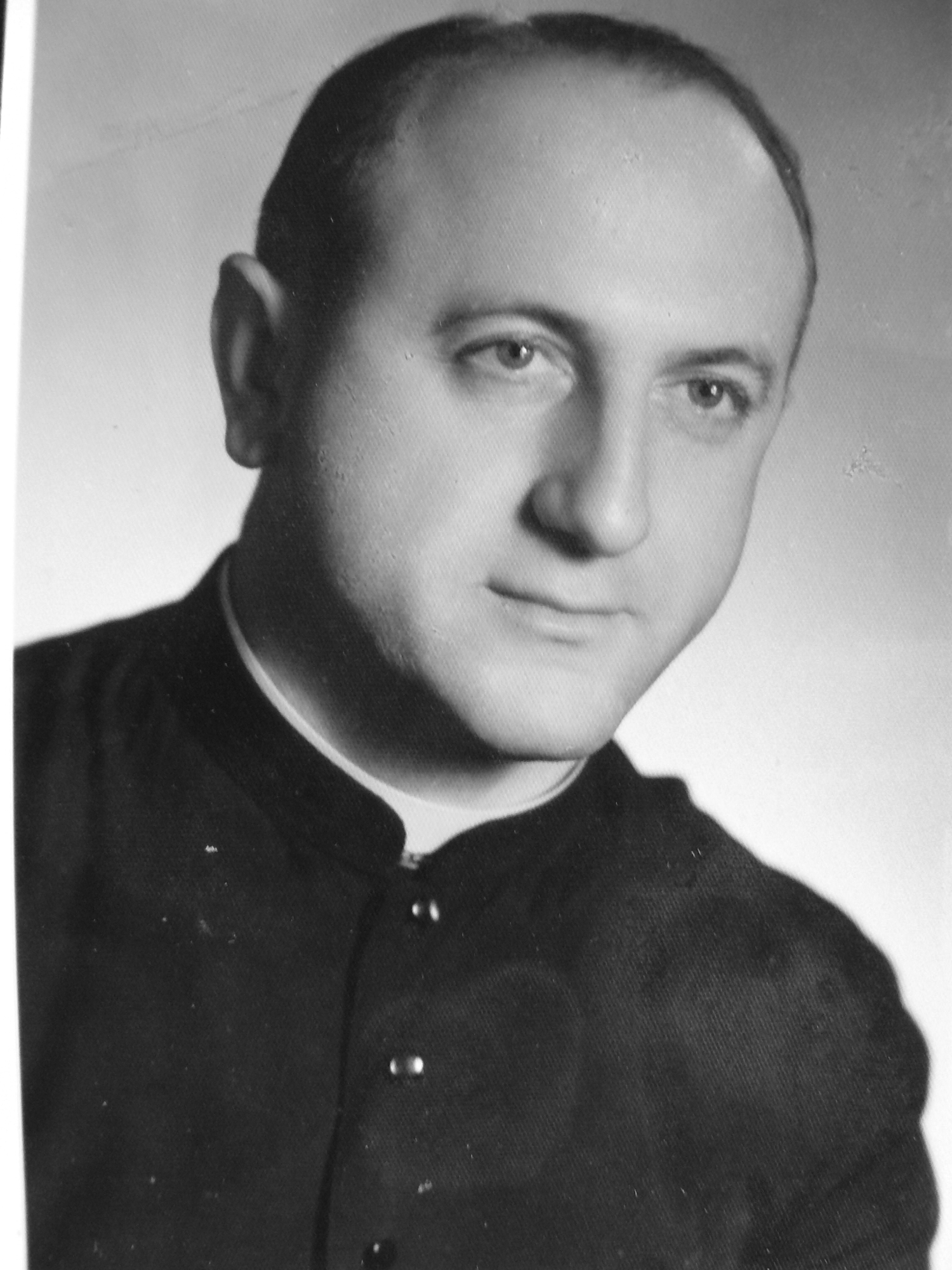
Stáhnout obrázek
Vojtech Zeman was born on March 28, 1930 in Nová Baňa. Since his great desire was to become a priest, in summer 1948 he applied for acceptance into Salesian novitiate in Hronský Beňadik, where he studied and had his first religious vows. During the night of April 13 - 14, 1950 together with other priests and students he witnessed the communist Action K. Along with others, Vojtech was moved to a concentration monastery in Podolínec; however, efforts of communists to reeducate these young men were in vain. Few weeks later some of them were transported to Kostolná and then to Priehrada mládeže (Youth Dam). After the release, Vojtech left to Kremnica, where he wanted to finish his studies, but in November 1950 he was called to the headquarters in Banská Bystrica because of a duty to enter the Auxiliary Technical Battalion. As a student he was able to gain a postponement, and thus his superiors used this time to offer him opportunity to flee abroad. Surely, he accepted this offer and he successfully attempted to cross the borders in October 1951 together with other priests and students. After a fortunate overcoming the Morava River on wobbly inflatable dinghies they managed to get to Austria, however, to the soviet occupational zone. This meant constant danger on every step. They luckily went through Vienna and all the occupational zones of Austria up to the borders with Italy, where in the middle of night Vojtech came in a group of Salesians to the first village Colle Isarco. Here they encountered guarding Italian policemen who tried to detain them, but Vojtech didn‘t obey their order and ran away with his colleagues into the forest. They ran to Vipiten, to Capuchins and from there to a longed-for university in Turin. Being enthusiastic about a missionary ideal he applied for missions and left to Argentina. There he gained pedagogical practice. He finished his theological studies in Cordoba, where he was on November 23, 1958 ordained a priest. Ten years of his priestly life full of youth ministry he spent in Paraguay. He became a director of an Institute in Concepción and during the last two years in South America he worked as an economist of an Agricultural School in Coronel Oviedo. Further Vojtech‘s place of work was Rome where he served as an assistant in Business Academy, but at the same time he continued studying at the university. In 1971 he left to Sweden, where he worked with his countrymen. Nineteen-eighties and nineties he spent in Munich and later in Paris. Despite of his desire to come back to Slovakia in 1993 it wasn‘t that easy. A comeback to his homeland was successful yet in 2000. Here he continues in his priest and youth ministry.
